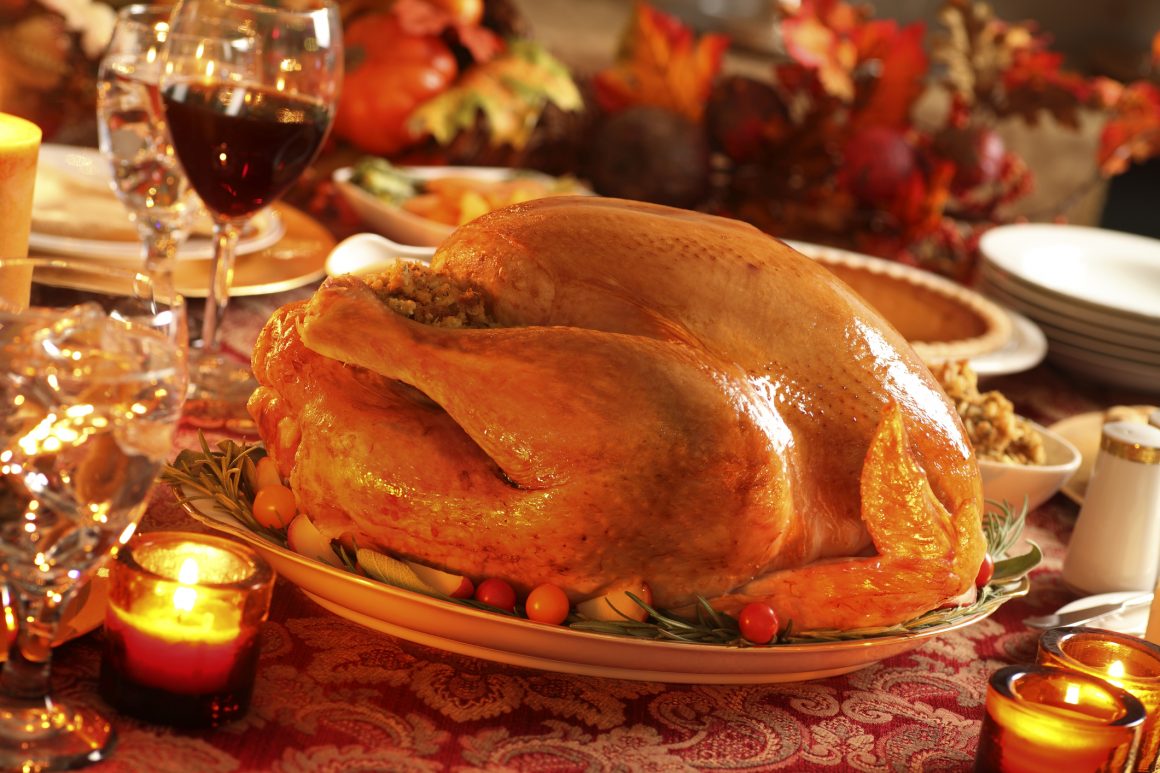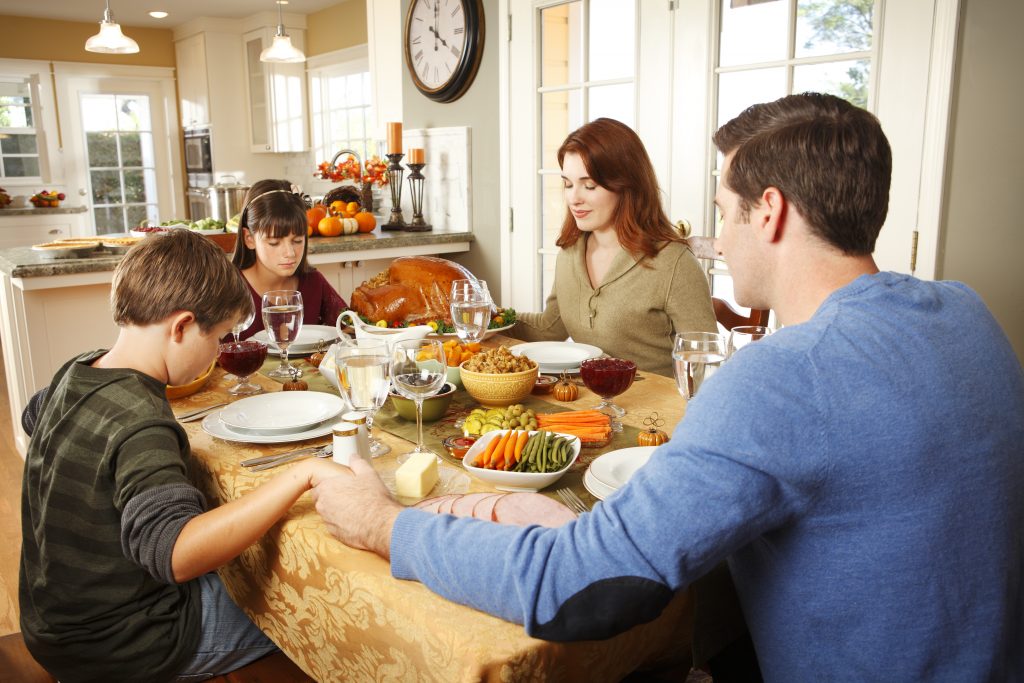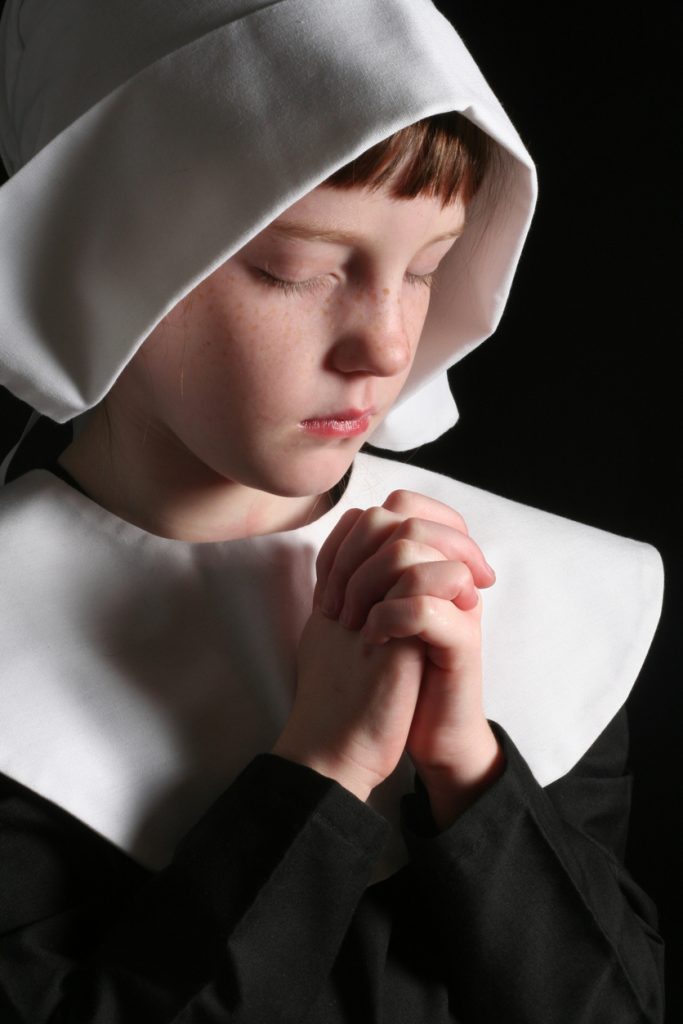Thanksgiving 2018 has finally arrived. Have you considered the real meaning and history of this special day? FLASS takes a break in our usual concerns for medical news and updates in order to remind you of some of the historical moments that inspired this holiday. Perhaps we are in search for the real meaning of Thanksgiving.
Are We Thankful for the Signs of the Pre-Christmas Season?

Thanksgiving: A Time for Turkey and a Time for Giving Thanks.
School is out for the holiday and the turkey and trimmings are ready for Thanksgiving. In many parts of our country,
- Leaves are falling.
- A chill is in the air.
- And the stores are primed for Christmas.
Are We Losing the Spirit of Thanksgiving in the Excitement of the Pre-Christmas Season?
- Family and friends will soon arrive to share fellowship and a traditional Thanksgiving feast. And then, there are football games.
- Parades with floats and of course.
- Pre-Christmas sales (like Black Friday). In all of this, have some of us lost the real meaning of Thanksgiving?
Most of us know, in the back of our minds, that there is more to Thanksgiving. It is a time to be grateful for our many blessings. And it is a time to remember the reason the Thanksgiving Holiday exists.
In Search of the Truth of Thanksgiving: Some Unusual Facts and Oddities of Thanksgiving
There are many unusual and almost unbelievable events and facts that have been recorded:
- Did you know that The Guinness Book of Records states that the greatest dressed weight recorded for a turkey is 86 lbs? This was the recorded result at the annual “heaviest turkey” competition. The competition was held in London, England on December 12, 1989.
- Did you know that a turkey can have a heart attack? The Air Force conducted test runs while breaking the sound barrier. One of the results was that a field of turkeys dropped dead, apparently of heart attacks.
- Did you ever wonder what the first Thanksgiving Day feast was like? You might be surprised. In the 1600s, the Pilgrims and Wampanoag had a menu that included venison, oysters, and of course “wild turkeys.” Chief Wampanoag furnished the venison. The early English settlers also ate duck, geese, swan, crane, gulls, and even (gulp!) eagle. While unusual occurrences are interesting, it is obvious that we have yet to discuss the true meaning of Thanksgiving. Looking back to earlier historical events may help.
A Historical Refresher on our Search: Look Back in History

Giving Thanks for Our Family and Friends.
The Mayflower sailed from Plymouth, England in September 1620. There were 102 passengers. And there was a real variety of travelers. There were those who were seeking a new home where they could avoid persecution. They hoped to freely practice the religion of their choice. There were also those seeking land and riches. And still, others were coming to America to avoid debtors’ prisons. So it was a grateful group who participated in that first Thanksgiving Feast.
If those reasons were sufficient to be grateful, most survived the treacherous crossing from England to Cape Cod. When those 102 arrived in America, they had to survive the freezing cold of winter with very little food and no shelter. Conditions were so terrible that they were forced to stay on board the ship.
If you think your air and breathing conditions are bad, picture 102 people all living in the ship’s hold. It was a very tight, cramped space. And in those times, bathroom facilities were non-existent. If you want to know more, check out the detailed living conditions described at this site.
A Closer Look at the Pilgrim Landing
Here is an account of their adventure. “Throughout that first brutal winter, most of the colonists remained on board the ship, where they suffered from exposure, scurvy, and outbreaks of contagious disease. Only half of the Mayflower’s original passengers and crew lived to see their first New England spring. In March, the remaining settlers moved ashore.”
Colony Survivors and Thanksgiving
The survivors must have been grateful, not only for their survival but the assistance from a local Native American. Squanto was a member of a local Pawtuxet tribe. It seems that Squanto was kidnapped by an English sea captain and sold into slavery and then later escaped.
He taught the newcomer Americans who had been “weakened by malnutrition and illness, how to cultivate corn, extract sap from maple trees, catch fish in the rivers and avoid poisonous plants.”
Finding Reasons to be Grateful on Thanksgiving Day and Every Day
- On the one hand, looking back through history, it seems that most of our gratitude is realized after great trials such as those endured by the Mayflower travelers. Likewise, our spirit of gratitude increased after the trials of our Civil War, World I and II, and all of the smaller wars since.
- On the other hand, in modern times, and on a more personable basis, we see families pull together with a spirit of gratitude when a family member survives an accident or a crippling disease.
However, must we endure suffering or loss in order to be thankful for what we have? And it seems to the doctors and staff at FLASS that we have much to be grateful for in our life in 21st Century America. As Oprah Winfrey says, “Be thankful for what you have; You’ll end up having more. If you concentrate on what you don’t have, you will never, ever have enough.”
Terrific Take-Aways for Thanksgiving Day and Beyond

Counting Blessing and Giving Thanks
In his 1983 Presidential Thanksgiving Proclamation, President Ronald Reagan reminded the nation of some of the historical moments that made “turkey day” worthy of being a National Holiday.
“Since the Pilgrims observed the initial Thanksgiving holiday in 1621, this occasion has served as a singular expression of the transcending spiritual values that played an instrumental part in the founding of our country.” And he added, “One hundred and twenty years ago, in the midst of a great and terrible civil conflict, President Lincoln formally proclaimed a national day of Thanksgiving to remind those “insensible to the ever-watchful providence of Almighty God” of this Nation’s bounty and greatness.”
Again, we quote Reagan’s words, “Although we are a pluralistic society, the giving of thanks can be a true bond of unity among our people. We can unite in gratitude for our individual freedoms and individual faiths. We can be united in gratitude for our Nation’s peace and prosperity when so many in this world have neither.”
And “We conclude with words written in the first Thanksgiving Proclamation over 120 years ago. And we find them astonishingly appropriate today. “No human counsel hath devised nor hath any mortal hand worked out these great things. They are the gracious gifts of the Most High God.” God has blessed America and her people. And it is appropriate we recognize this bounty. We can only wish this attitude of gratitude would last more than one day of Thanks. Why don’t we observe this holiday spirit of thanksgiving for a week– or, better yet, make it a year-round, national practice? (We don’t mean the turkey dinners, just the gratitude for God’s blessings.)
Happy Thanksgiving!

